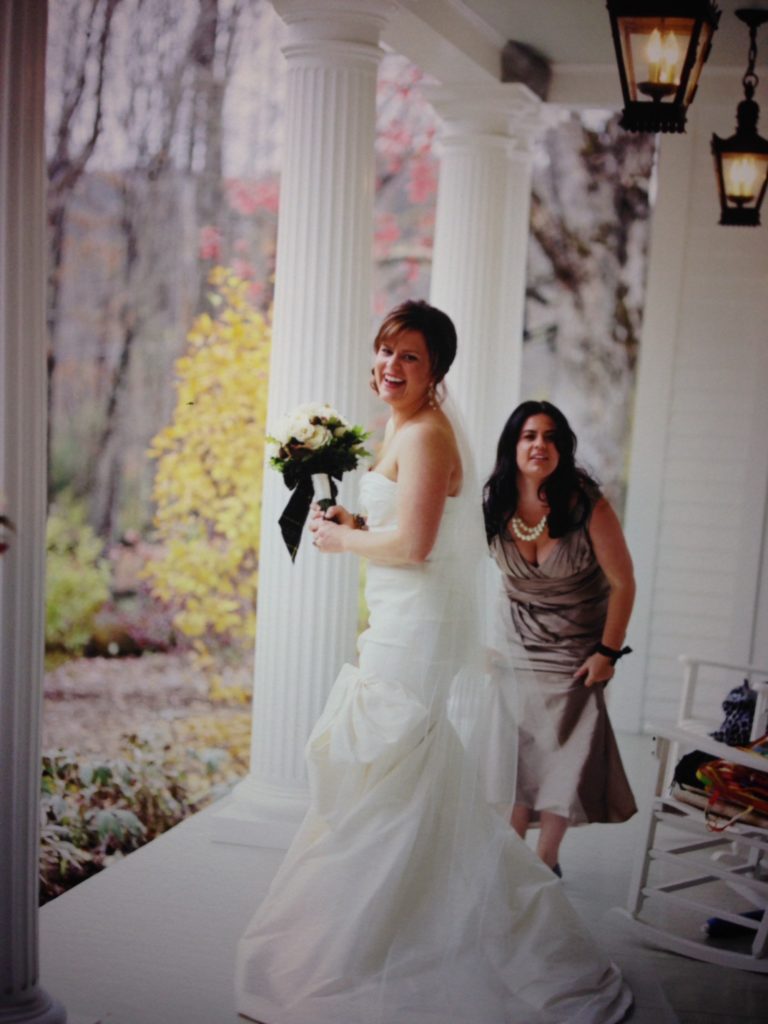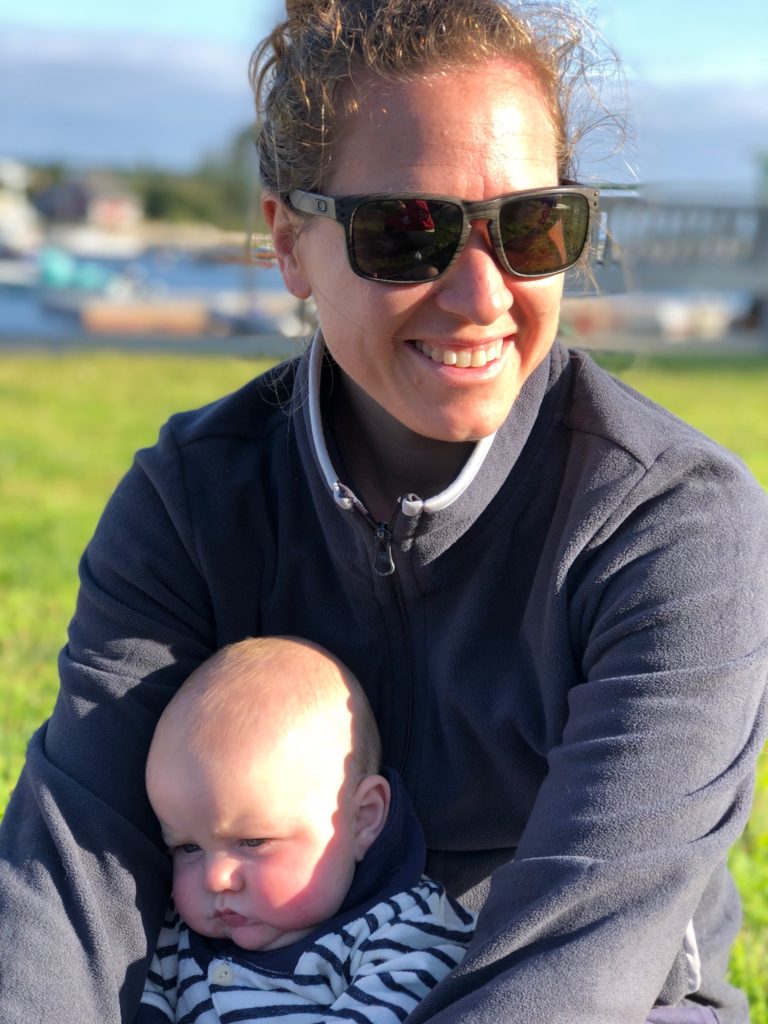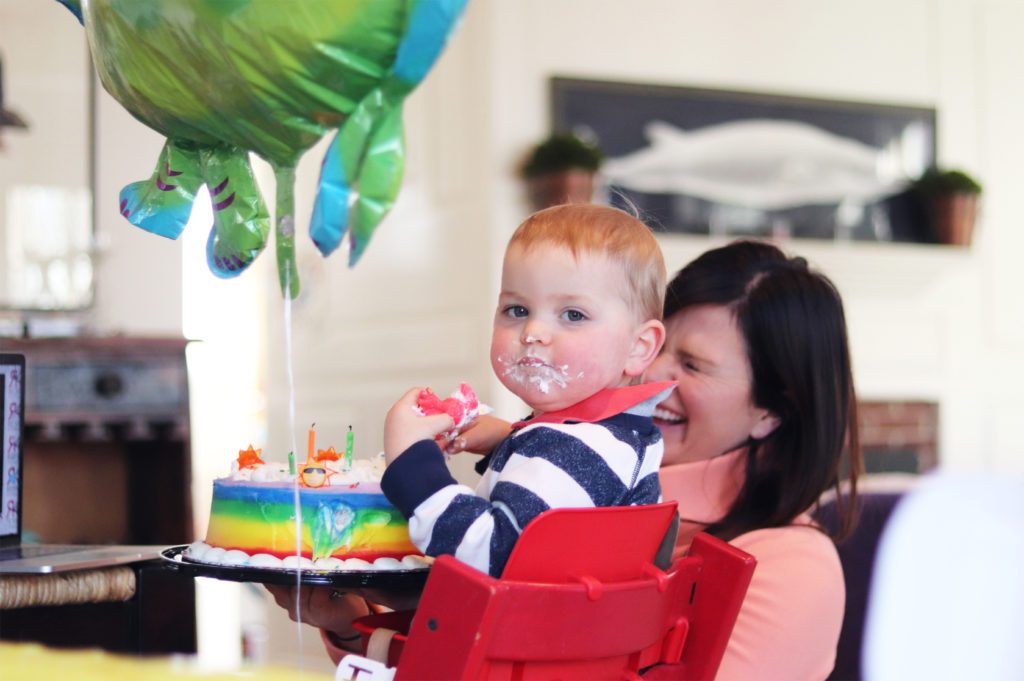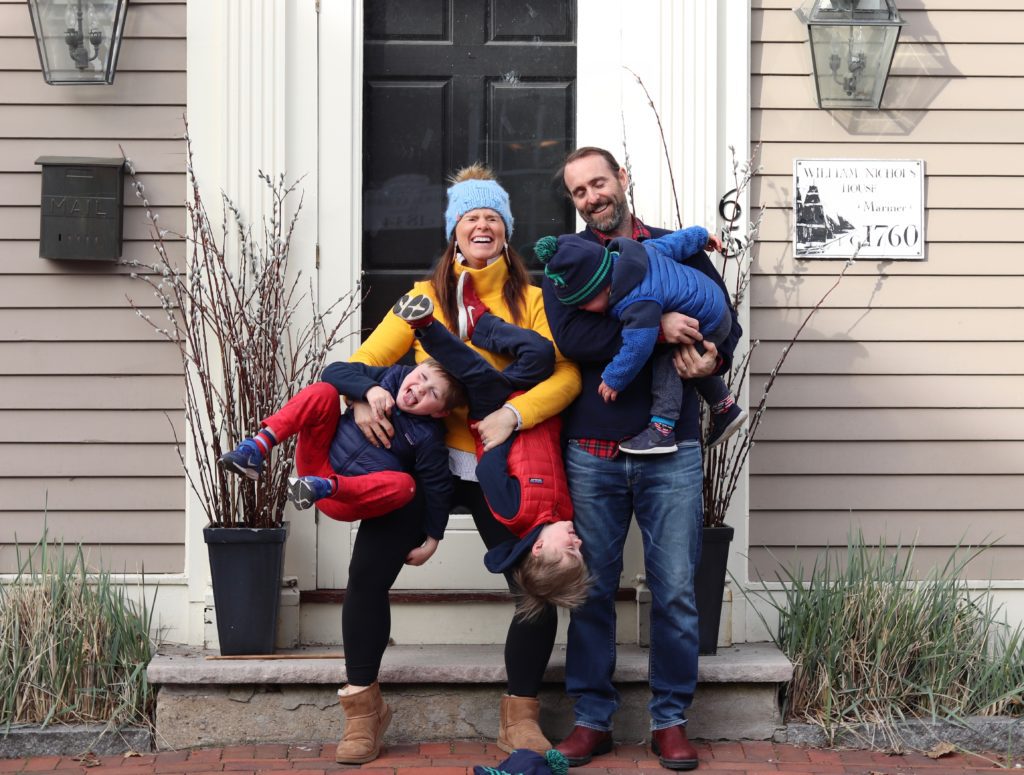MAY — LESSONS FROM THE MODELS
Reframing the way we think about the next 52+ weeks.
Since March, I’ve started a majority of my sentences with, “when this all goes back to normal, I will…” and fill in the ending with something about how life used to be. It is a way of thinking that provides a huge amount of safety and comfort because it is a nostalgic way of thinking. And I love nostalgia. I love thinking about my childhood, of holidays gone by; I love looking at old photos; I love talking about wonderful vacations and celebrations; I love slide shows set to music that show the passage of of time well spent with friends and family whom I adore; I love looking through all of the adventures that I’ve had with my kids.
I’m the first to admit that this type of reminiscing is about as comfortable as the sweatpants that I’ve been hibernating in since this pandemic started. It’s as comforting as the birthday cake we ate non-stop in March during back-to-back birthdays. Both are tried and true coping mechanisms, but the problem is, these behaviors put everything on hold in many ways.
I remember thinking the same way in my 20s, right after my mom passed away. I didn’t know how to plan for the future because all of my assumptions had been annihilated in one blow. No Mom at graduation from college, at my wedding, with me when I had kids. How I could make plans for anything? Everything had to be reframed in order for me to actually begin the process of living again. At first I thought that I’d be caught in the unlivable part of life for weeks, months, maybe a year; until someone pointed out to me that on the very day that she died, later that night, dozens of friends came over to toast her, and that we started living again right away, it just looked different.
The world seems to have been living in the “when things go back to normal…” realm for about three months now. And unlike the sudden passing of a loved one, it is clear why we have all been in this place. It wasn’t an immediate shift of loss. No one told us that it would be forever different back in March. It was, at first, simply a two week stay-safe-at -home notice. Our kids weren’t told to hug their teachers goodbye. Friends weren’t told to have one last really good play date or dinner date. Grandparents weren’t given notice to spend a final meal with their grandchildren. College kids weren’t given a chance to have a quick ceremony to mark the transition. And that was ok because it was only two weeks.
Many of us feel that if we play by the rules we can expect things to “go back to normal,” and we have been patiently waiting for that to happen. In the meantime, we have seen important life ceremonies (weddings, birthdays, birth days, funerals, graduations and more) come and go. And we know that this waiting and this sacrifice is for the good of our collective human race, not for our own little worlds, and so we keep waiting (and waiting) for our lives to “really start again.”
Yet through this waiting, we have been living. While it hasn’t looked the way that we have wanted it to (“in-person everything” was traded for “from afar everything”) we have lived. And so the question is: should we keep talking about life as if it is going to start happening again or should we claim that we are, in fact, living?
When I talk with the breast cancer survivors who are signed up to model in The Runway Show in October of 2020 (now a virtual event), they have talked about this very ritual of “waiting for the life to return.” They too have had moments where life as they know it suddenly ends. For one model it was at an airport on her way to Disney World with her children; for another it was in her car on a drive up to Vermont for Christmas; and for yet another it was right before a baby shower for a dear friend. There they were, living their lives, and then they were told that they had cancer, and the lives’ that they had built quickly shifted and forever changed.
What has been fascinating about listening to these models now amidst a global pandemic, is that they are calm, they are patient and they are hopeful. More so than almost anyone I talk with. These models are full of more joy than I could have predicted because in so many ways they have already lived “this” and they have the strategies in place to tackle “this” again. They have dug deep and found the power of friends, of family, and of self-care. They don’t say, “when”; they say, “and now.” It is such a small difference in their storytelling, but it is the most important distinction in the re-framing of one’s thinking.
Do we all have it within us to replace the “when this is all over…” and reframe it with “and now …” ? I think we do.
The stories that we collect from our models are diverse; they are from every corner of life. They represent stories of triumph and loss. They capture the experiences of those in their 20s, 40s, 60s, and 80s, and they reflect every aspect about the impact of breast cancer. They also serve as illustrations about human nature and example. They are inspiring and hopeful, and they can serve all of us. They can teach us all about living in the “and now…”
I am the first to admit that the “and now…” doesn’t always feel as awesome as the “remember when…”. There is no question that college graduation would have been better with Mom there, and yet, looking up into a stadium that held five of her best friends, an uncle, a grandmother, and my immediate family was pretty amazing. There is no question that a wedding day with my Mom was my hope, and yet, a special breakfast the morning of my wedding with twenty-five women who collectively toasted her memory and my marriage was pretty incredible. There is no question that my children would have adored growing up with her as their grandmother, and yet, having my sisters in their lives almost all the time to love them is pretty special. The shift in perspective allows for a lot of joy, a lot of love, and a lot of gratitude. And I hope that with every week and every month that comes our way in this new world, we find ways to rephrase our story so that we are living in the right now. Of course we can take some moments to reminisce, but soon after that, we should try to give those memories the gratitude they deserve and start building and celebrating new ones — new ones that might look so very different, and yet, will also be amazing in their own way.








